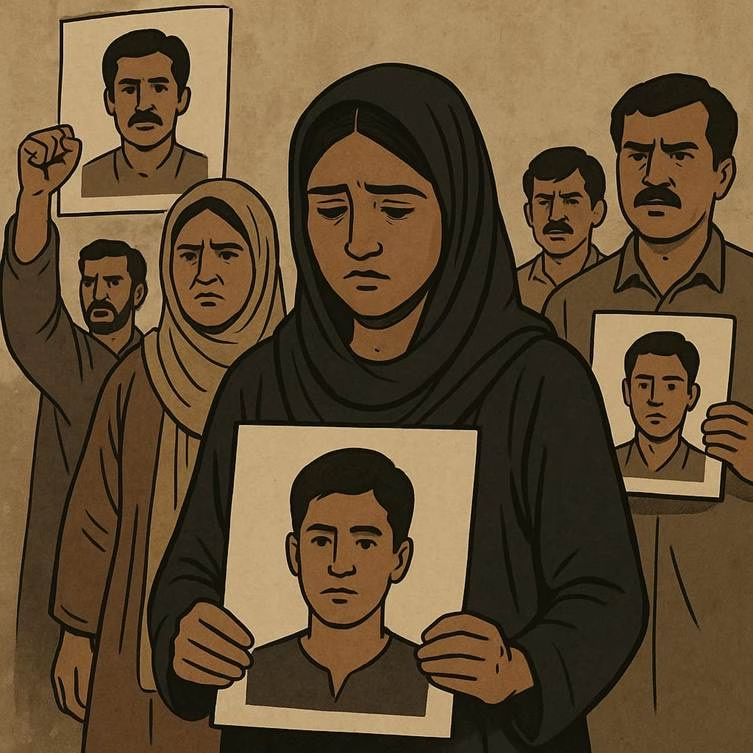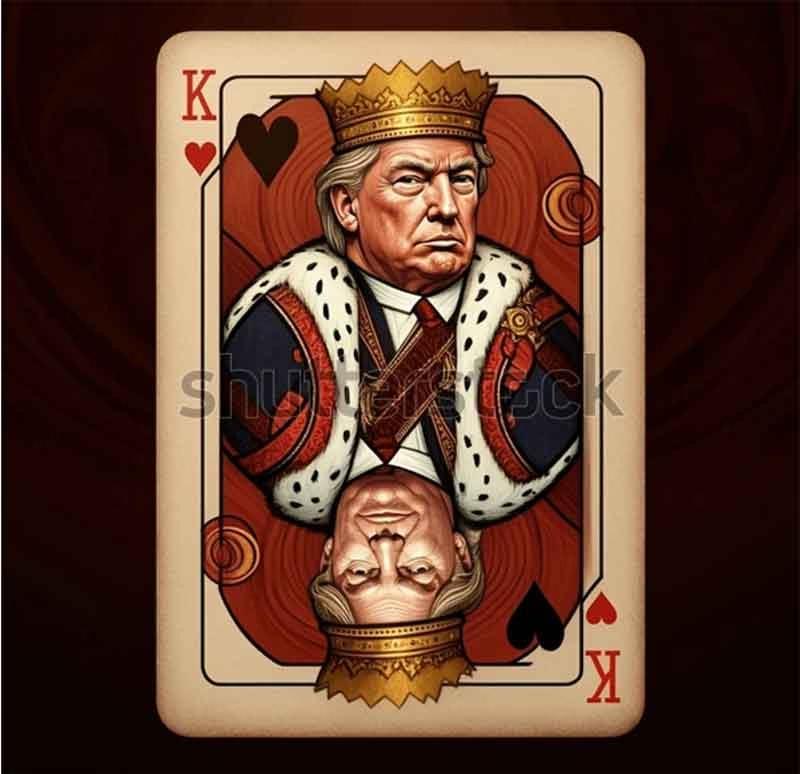
In Uttar Pradesh, justice doesn’t just falter. It pivots—deliberately, cynically—away from the guilty and lands on whoever is easiest to crush.
After a crime, the question that often floats around police stations isn’t “Who did it?” It’s something colder, more strategic:
“Who can we afford to arrest?”
Or worse: “Who can we pressure, parade, or pin this on—to weaken the case against the real goons?”
It’s a logic that doesn’t belong in any democracy, yet it’s become routine. Incriminating innocents isn’t a byproduct of chaos—it’s a tool. A way to drain the force out of genuine complaints, to dismantle the credibility of victims, and most of all, to make sure those who should be afraid of the law never feel its touch.
This is not about a few errors or overworked officers. It’s a playbook. When a criminal is politically connected, or has the right friends in uniform, the case against him must be neutralized—not by defending him outright, but by discrediting the very basis of the complaint. And for that, someone else must fall.
The Manufactured Case
This is where it begins: with a blank FIR, a convenient story, and an unfortunate name. Someone from the margins—poor, isolated, maybe already under a cloud—is pulled in. Not because they fit the crime, but because they fit the system’s needs.
It’s what you might call a two-for-one solution:
- Arrest an innocent, and you show “action.”
- In the same move, you muddy the waters enough that the real criminal becomes untouchable.
Witnesses get scared. The original complainant starts looking suspicious. Even judges begin to wonder: “If this person was so innocent, why were they arrested in the first place?”
Or worse: “Why was the case lodged in the first place?”
The logic of justice folds in on itself. The system, having twisted the facts, now begins to doubt the facts themselves.
Exactly as intended.
Media as Megaphone, Not Mirror
And when all this is happening, the media?
It doesn’t investigate—it performs.
Leaked “confessions,” blurred CCTV clips, anonymous sources whispering into the camera—these aren’t journalism. They’re choreography. News anchors become courtrooms. Outrage becomes a substitute for process. And the story, once it leaves the police file, becomes something else entirely: a spectacle that benefits the powerful and buries the truth.
Some channels are worse than others, sure. But too many are willing to run whatever they’re handed—especially if the accused has no platform to fight back.
Dalaals, Fixers, and the Economy of Injustice
Behind this theater is a whole informal machinery—dalaals, middlemen, case fixers. They don’t wear uniforms, but they know exactly which officers to call, which witnesses to pay off, which files to delay. They operate in the shadows, yes, but they are part of the state’s ecosystem, not outside it.
Their job isn’t just to frame someone. It’s to ensure that the real accused is never even brought into the room.
And that’s the real game: not just misdirection, but erasure.
Policing for Power, Not for People
Let’s not pretend the police are always fooled. In many cases, they know exactly what they’re doing. Some officers play along because it’s safer. Others because it’s profitable. And a few—maybe the worst kind—do it because they genuinely believe it’s how the system should work: protect the powerful, punish the disposable.
The politician gets to say justice is being done. The officer gets a clean report. The media gets a spicy headline. And the innocent gets to rot.
The Real Cost
And what happens to the falsely accused?
Court dates that stretch on for years. Jobs lost. Families broken. A permanent question mark hovering over their names. Even if they’re acquitted, the damage lingers. Society doesn’t always forgive what the state claims to remember.
And the real criminal? He attends weddings, opens schools, maybe even contests elections. He’s no longer just protected—he’s reborn.
This Isn’t Failure. It’s Strategy.
We need to stop calling this a “flawed system.” That suggests it’s broken. It isn’t. It’s working exactly as some want it to.
Subscribe to Our Newsletter
Get the latest CounterCurrents updates delivered straight to your inbox.
Framing the innocent is not a mistake. It’s the cover charge for impunity.
If justice is ever to mean something in this state, this machinery must be dismantled—not tweaked, not reformed, but torn down piece by piece. Because until that happens, the most dangerous thing in Uttar Pradesh will not be committing a crime.
It will be trying to report one.
Ashish Singh has finished his Ph.D. coursework in political science from the NRU-HSE, Moscow, Russia. He has previously studied at Oslo Metropolitan University, Norway; and TISS, Mumbai.














































